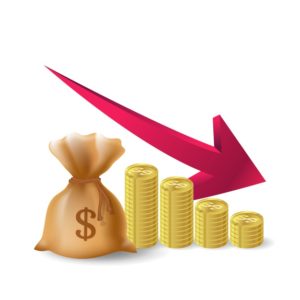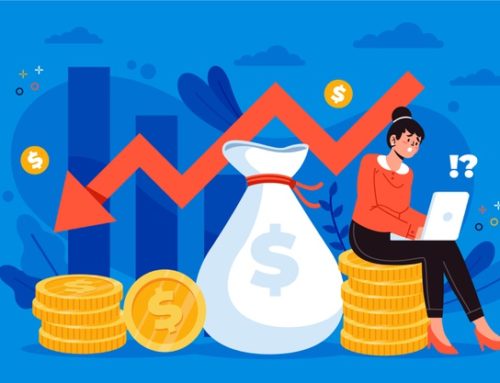There are different types of bankruptcy, and Chapter 7 Bankruptcy is one of the most commonly used. In a legal proceeding, the debtor petitions to have a fresh start and obtain financial freedom by discharging his debts. Chapter 7 Bankruptcy is also known as liquidation bankruptcy because this bankruptcy form will liquidate or sell your personal property except for some properties exempt by law. The proceeds of the sale will then be used to pay the creditors. According to bankruptcy law, declaring bankruptcy and deciding to file for bankruptcy is a right given by federal law. Once you file for bankruptcy, the United States bankruptcy court will handle the bankruptcy cases.
What can Filing Bankruptcy Do for Me?
When you file bankruptcy in Oregon regardless of the bankruptcy forms, you automatically gain bankruptcy protection to stop creditor harassment including debt collectors and collection until your debt problems are sorted out by the bankruptcy court. If you filed for bankruptcy, it enables you to:
- Discharge, wipe out or eliminate debt allowed by the Bankruptcy Code including credit card debt and medical bills
- Stop foreclosure
- Prevent harassing creditors from repossession and wage garnishment
- Contest creditors that committed bankruptcy fraud
What can Filing for Bankruptcy Not Do
 There are different types of debt and it is not a guarantee that when you declare bankruptcy, you will automatically have no liabilities and be debt-free. There are certain debts that are not subject to be discharged debt such as:
There are different types of debt and it is not a guarantee that when you declare bankruptcy, you will automatically have no liabilities and be debt-free. There are certain debts that are not subject to be discharged debt such as:
- Student loan
- Alimony
- Child support
- Tax debt
- Debts under the creditors’ rights and secured debt
Can you Protect your Property with the Bankruptcy Exemptions of Oregon?
A petition for bankruptcy using Chapter 7 will result in most of your assets being sold off but not everything. In some cases, you might not even lose anything. Under the bankruptcy exemptions in Oregon, the federal bankruptcy exemptions are also present and it lets you choose in the lists available there. If you don’t protect your assets in Chapter 7, your nonexempt properties will be put under the care of a trustee and he will be the one to sell and distribute the proceeds to your creditors to pay for what you owe.
What are the Requirements in Oregon for Chapter 7 Bankruptcy Filings?
You must first qualify before filing a bankruptcy petition and one of them is the means test, which determines whether or not your monthly income is within the median income prescribe by the bankruptcy laws. After that, you need to attend credit counseling under a qualified provider approved by the United States Trustee. Once you are done with both, you can gather the needed paperwork and proceed to file a bankruptcy.
Talking to a Bankruptcy Attorney
A person can file a bankruptcy case without the need of bankruptcy attorneys but doing so is risky. The laws are continuously changing and the bankruptcy process can be very complicated. If you are considering bankruptcy but you are not yet certain of your bankruptcy options, we at the Northwest Debt Relief Law Firm will help you get through your debt problems. Call our bankruptcy lawyers in Oregon who are experienced with the United States Bankruptcy Code and will tailor the best advice for your specific needs.









